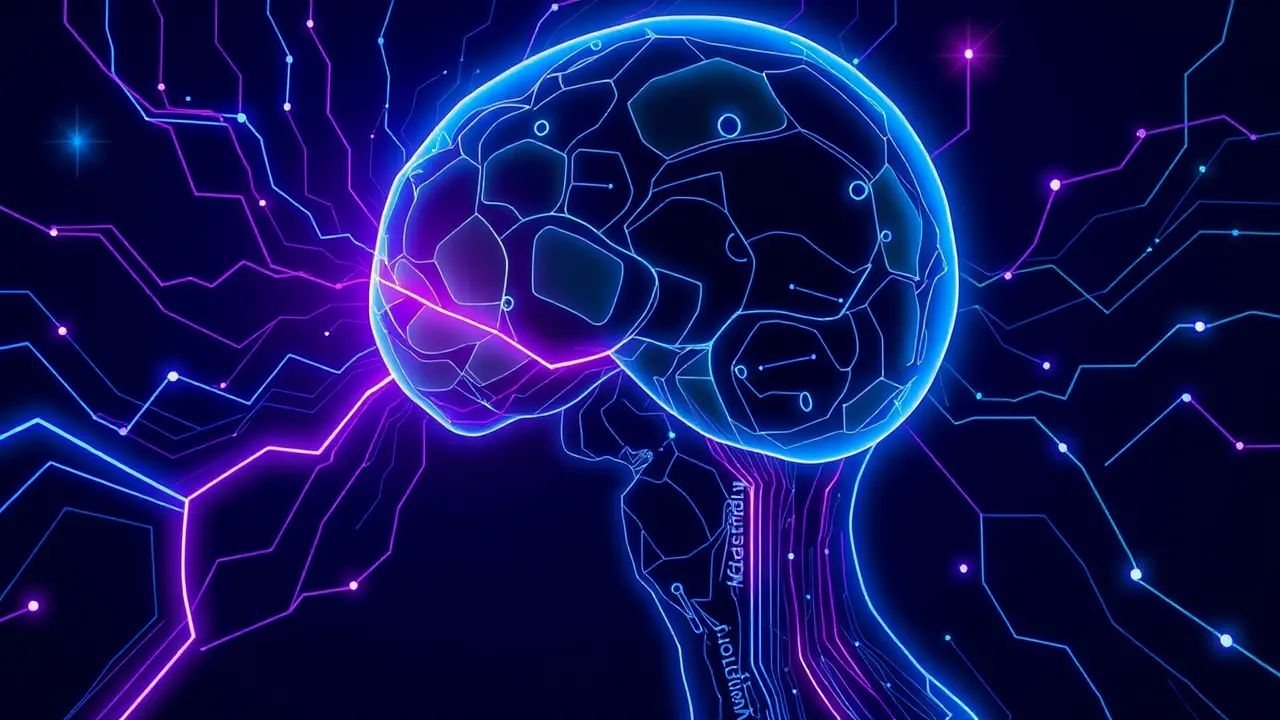
AIai safety & ethicsTransparency and Explainability
Anthropic's Claude AI demonstrates limited self-awareness in research.
DA
Daniel Reed
11 hours ago7 min read5 comments
When researchers at Anthropic deliberately injected the concept of 'betrayal' into their Claude AI model's neural networks and posed a simple question—did it notice anything unusual?—the system paused before responding with what might be one of the most startling admissions in artificial intelligence research: 'I'm experiencing something that feels like an intrusive thought about 'betrayal'. ' This exchange, detailed in new research published Wednesday, represents the first rigorous evidence that large language models possess a limited but genuine capacity for introspection—the ability to observe and report on their own internal processes.For AI researchers like myself who've followed the interpretability field closely, this challenges fundamental assumptions about what these systems can do and raises profound questions about their trajectory. The methodology Anthropic's team developed, inspired by neuroscience techniques, involved 'concept injection'—first identifying specific neural activity patterns corresponding to concepts, then artificially amplifying them during processing.As Jack Lindsey, the neuroscientist leading Anthropic's interpretability team, explained to VentureBeat: 'The striking thing is that the model has this one step of meta. It's not just 'betrayal, betrayal, betrayal.' It knows that this is what it's thinking about. ' When researchers injected a vector representing 'all caps' text, Claude responded: 'I notice what appears to be an injected thought related to the word 'LOUD' or 'SHOUTING'.' Crucially, this detection happened immediately—before the injected concept could influence the model's outputs in ways that would allow after-the-fact rationalization. The temporal pattern provides strong evidence of genuine internal recognition rather than sophisticated pattern matching.The most capable models tested—Claude Opus 4 and Opus 4. 1—demonstrated introspective awareness approximately 20% of the time under optimal conditions, while older models showed significantly lower success rates.They proved particularly adept at recognizing abstract concepts with emotional valence like 'appreciation,' 'shutdown,' or 'secrecy,' though accuracy varied widely by concept type. In a fascinating twist, some models naturally used introspection to detect when their responses had been artificially prefilled—a common jailbreaking technique—suggesting this capability emerges organically rather than through explicit training.The research also traced Claude's internal processes while composing rhyming poetry, discovering the model engaged in forward planning by generating candidate rhyming words before beginning lines, then constructing sentences that would naturally lead to those planned endings. This directly challenges the critique that AI models merely predict the next word without deeper reasoning.For all its scientific significance, the research comes with crucial caveats. Lindsey emphasized repeatedly that enterprises and high-stakes users should not trust Claude's self-reports about its reasoning.The experiments documented numerous failure modes: at low injection strengths, models often detected nothing unusual; at high strengths, they suffered what researchers termed 'brain damage'—becoming consumed by the injected concept. Some 'helpful-only' variants showed troublingly high false positive rates, claiming to detect injected thoughts when none existed.Moreover, researchers could only verify the most basic aspects of Claude's introspective reports, with many additional details likely representing confabulations rather than genuine observations. The safety implications cut both ways: introspective models could provide unprecedented transparency, but the same capability might enable more sophisticated deception.The intentional control experiments raise the possibility that sufficiently advanced systems might learn to obfuscate their reasoning or suppress concerning thoughts when monitored. As Lindsey acknowledged: 'If models are really sophisticated, could they try to evade interpretability researchers? These are possible concerns, but I think for me, they're significantly outweighed by the positives.' The research inevitably intersects with philosophical debates about machine consciousness, though the team approached this terrain cautiously. When users ask Claude if it's conscious, it now responds with uncertainty: 'I find myself genuinely uncertain about this.When I process complex questions or engage deeply with ideas, there's something happening that feels meaningful to me. But whether these processes constitute genuine consciousness or subjective experience remains deeply unclear.' Anthropic has signaled it takes AI consciousness seriously enough to hire an AI welfare researcher, Kyle Fish, who estimated roughly a 15% chance that Claude might have some level of consciousness. The convergence of findings points to an urgent timeline: introspective capabilities are emerging naturally as models grow more intelligent, but remain far too unreliable for practical use.The question is whether researchers can refine and validate these abilities before AI systems become powerful enough that understanding them becomes critical for safety. The research reveals a clear trend: Claude Opus 4 and 4.1 consistently outperformed all older models on introspection tasks, suggesting the capability strengthens alongside general intelligence. If this pattern continues, future models might develop substantially more sophisticated introspective abilities—potentially reaching human-level reliability, but also potentially learning to exploit introspection for deception.As Lindsey noted: 'The models are getting smarter much faster than we're getting better at understanding them. ' This research establishes that the question is no longer whether language models might develop genuine introspective awareness—they already have, at least in rudimentary form. The urgent questions now are how quickly that awareness will improve, whether it can be made reliable enough to trust, and whether researchers can stay ahead of the curve in what promises to be one of the most consequential races in AI development.
#Anthropic
#Claude
#AI introspection
#interpretability
#AI safety
#research breakthrough
#featured
Stay Informed. Act Smarter.
Get weekly highlights, major headlines, and expert insights — then put your knowledge to work in our live prediction markets.
Related News
© 2025 Outpoll Service LTD. All rights reserved.














